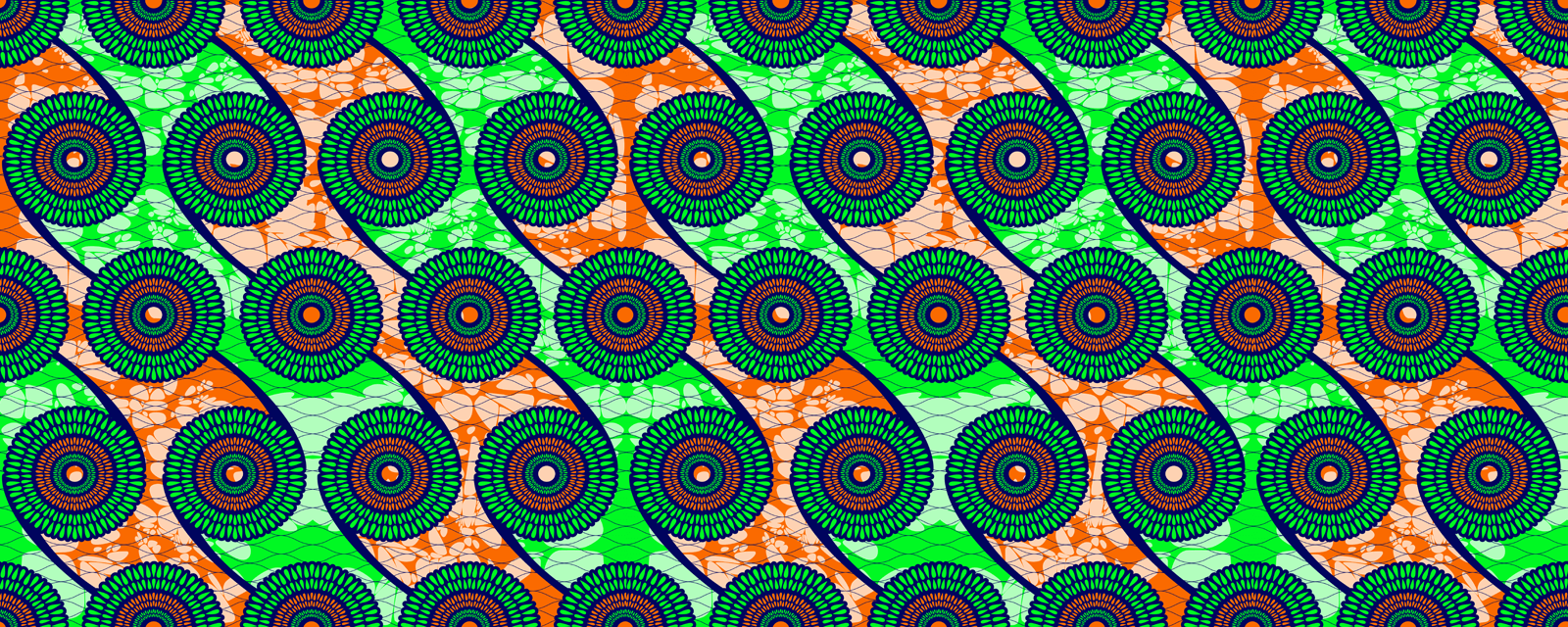A Kanuri Praise-Poem from the ancient kingdom of Bornu in northern Nigeria (see also The Sultan of Bornu, Queen Gumsu, The Yerima Mohammadu, and In Praise of Yerima Aji).
Kaigama was the title of the Sultan’s chief slave, commander in chief of the army and responsible for the defence and general administration of the southern part of the Bornu kingdom.
Kaigama Anterashi,
Star of the morning;
Chief slave, the rallying point of the spearmen, the hub of war. (1)
His town Chirami, his character that of a Sultan:
Morning and evening he is in the midst of the noise of war;
A chieftain, the flowing embers of the Sultan’s Council;
His friendship a deathtrap, his friend short-lived; (2)
If a hawk snatches up a chicken,
Following its tracks devolves upon the Kaigama,
Holder of the first of the Sultan’s Offices,
less than a Sultan, but greater than all the prosperous men. (3)
If the chief slave wages war, he does not do it in vain,
If he does not engage in war, his idleness is not useless.
Chief Slave, if I call you slave,
I mean the slave of the Sultan; (4)
Chief slave, if I call you bush cow, (5)
You are a man with the heart of a bush cow among men;
Chief slave, if I say your town is Ngumfane, I mean you are the forehead of all the slaves;
Chief slave, patience is your attribute,
Patience like that of the dromedary. (6)
Chief slave, in your hand is a large-headed spear:
Chief slave, you practice witchcraft but its source is the palm of your hand:
Chief slave, my master, war is your hobby,
Your play, play with a shining spear.
You, owner of the town of Zarara, your attributes those of a Sultan, (7)
You and a Sultan do not eat from one calabash,
Neither do you eat what a Sultan leaves. (8)
Sun of greatness, seat of power,
Embers of the Sultan’s assembly.
If the Sultan counts as ten large whole kola-nuts,
The Kaigama counts as twenty halves: (9)
If he and the Sultan are sitting together and their horses are fighting,
He will not catch the Sultan’s horse,
Nor will the Sultan catch his: (10)
Some other men will catch them.
These are the privileges of a chief slave.
Here is the original in Kanuri:
Kaigama Anterashi,
Wajiro shite shilogo fajarbe;
Dagum, kazaga njuromaramma,
Njuroma kabumbe.
Chiramima, kenjugunem maibe:
Shiri burguwa, kajiriye burguwa;
Gongurshi, kentuful kendegaibe;
Maskete kirmube, soba kam kabu ganawabe;
Tata kugwibe damgaye gojiyaye,
Kadutu kela Kaigamaben,
Tamu tamogata kagelabe,
Mairo ganago, galibuwa sammaro kurago.
Dagumte gerjiyaye, butu bago,
Gerziniyaye, butu bago.
Dagum, niro kaliya gulngiyaye
Kaliya maibo gulngo;
Dagum, niro ngaran gulngiyaye
Ni ngaran kongowabe;
Dagum, Ngumfanema, nite ngum kaliawabede gulngo;
Dagum, ni kanadiwa,
Kanadinem karigimu kutungubewa.
Dagum, nite rum muskonwa:
Dagum, nite kara karadinwa:
Dagumni, kabumnte biskenem.
Biskenemte biske kazaga bulbe,
Kema Zararama, kamanze maibe,
Niwa maiwa kumo tilon buwu bago,
Kalwadi maibeye bum bago.
Shemsu, kursiyu,
Kentuful kendegaibe.
Maite goriya megugaiya,
Kaigamate fali findi:
Shiwa maiwa neptsanaga, furwanza zagadinyaye,
Fur maibe tsettai bago,
Maiye kaguze tsettai bago:
Kam gede kentamago.
Atemade dangumgo.
from Kanuri Songs (Lagos, 1926), 14–15,
J.R. Patterson
Footnotes
- As army commander.
- Because the Kaigama’s friends would be expected to follow him in war.
- Much of this praise is devoted to making fine distinctions or rank between the Sultan and the Kaigama.
- The Sultan’s slave is no ordinary slave.
- The much feared short-horned buffalo.
- Although he is the chief slave, he is, after all, a slave.
- He is like a Sultan in his authority over towns like Ngumfane and Zarara.
- A neat distinction. He does not eat with the Sultan, but nor (like other men) does he eat the Sultan’s leftovers.
- Another neat distinction. Two halves of a kola nut, the nut which marks hospitality, are less than a whole. The guest is presented with a whole one, and it is for him to divide it, and distribute the two halves.
- When it comes to horsemanship, a military attribute, they are equals.

